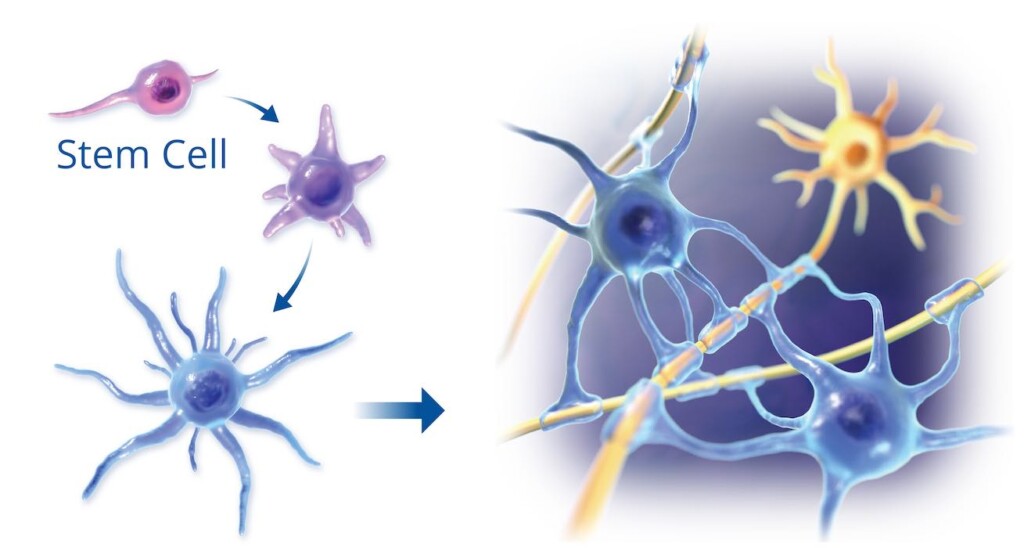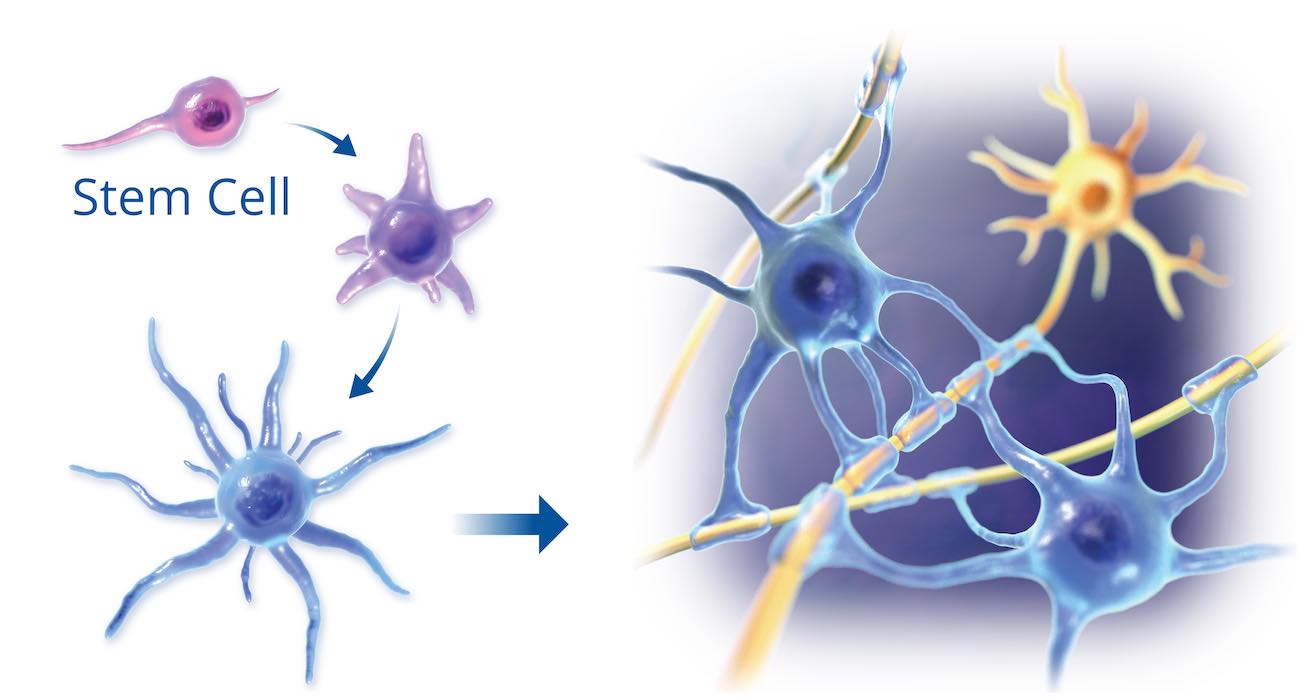
About ten percent of babies born 8-weeks prematurely will develop cerebral palsy resulting from infections that damage nerve fibers deep in the brain.
While there is currently no treatment to help these infants avoid the outcome, new experiments using neonatal mice provide a possible roadmap.
Researchers at Duke Health in North Carolina identified a fatty molecule in breast milk that triggers a process in which stem cells in the brain produced new white matter, “reversing the injury”.
Assistant professor Eric Benner, M.D., Ph.D., in the Department of Pediatrics at Duke University School of Medicine, is the study’s corresponding author and called the finding promising.
“The fact that this molecule is already found in something that is safe for premature babies–breast milk–is extremely encouraging,” said Benner.
It’s already been proven that fats in breast milk benefit a child’s brain development, but there are many types of fats. This work has identified a lipid molecule in breast milk that promotes white matter development in the brain.
CHECK OUT: Scientists Found Flute Music That Helps to Build the Brains of Premature Babies
“Now, we can begin to develop a therapy that isolates and delivers this lipid in a way that is safe for the unique challenges of these infants,” said Benner, who is one of the co-founders of Tellus Therapeutics, a Duke spinout company developed to bring this therapy from the bench into the neonatal intensive care unit.
An upcoming clinical trial will administer the identified fatty molecule intravenously to patients. This is because many of the infants who are part of this vulnerable population also have gastrointestinal issues and cannot safely be given milk or medication by mouth.
According to the study published this week in the journal Cell Stem Cell, the lipid molecule enters the brain and binds with stem cells there, encouraging them to become or produce a type of cell called oligodendrocytes.
The oligodendrocytes are like a hub that allow for the production of white matter in the central nervous system. This newly produced white matter in pre-term infants prevents the neurological damage that would otherwise impact the child’s ability to move—the hallmarks of cerebral palsy.
LOOK: Premature Twins Can’t Stop Holding Tiny Hands: ‘There for Each Other’
“The timing of brain injury is extremely difficult to predict, thus a treatment that could be safely given to all preterm babies at risk would be revolutionary,” said Agnes Chao, M.D., a former fellow in the Division of Neonatology and first author of the paper.
“As a neonatologist, I’m so excited that I may be able to offer a treatment to families with babies that are affected by preterm brain injury who would otherwise have no other options,” Chao said.
The study was funded by the National Institutes of Health, among others.
HAIL The Benefits of Breast Milk By Sharing The Discovery on Social Media…




















